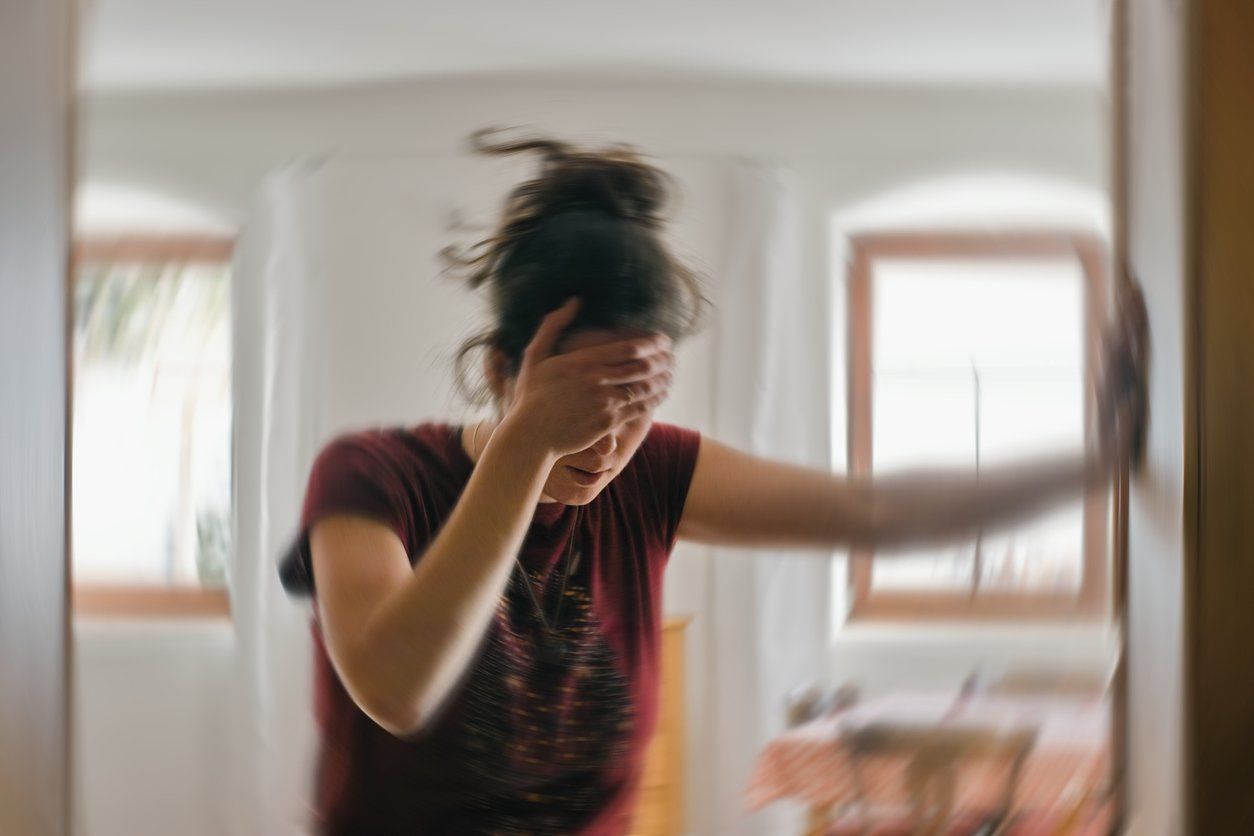Q:
I've always thought that stroke was only a health issue for old people. I'm in my mid-40s. Should I be concerned about my risk?
A:
Stroke happens when a blood clot blocks blood supply to the brain or when a blood vessel in the brain bursts. When blood supply, and consequently oxygen, to the brain is interrupted, part of the brain can die.
Stroke is an important health concern for all women, not least of all because strokes experienced by women tend to be of greater severity than those experienced by men. It is true that the older you are, the more at risk you are to experience a stroke. However, stroke can happen at any age. Unfortunately, most women are unfamiliar with the key risk factors for stroke and may underestimate their level of risk.
Common risk factors include a family history of stroke, high blood pressure, high cholesterol, heart disease, diabetes, smoking, obesity, poor diet and lack of exercise. For women under 55 years of age, there are some additional risk factors that must be kept in mind, including migraines, birth control pill use, hormone replacement therapy, autoimmune disorders like type 1 diabetes and lupus, and increased abdominal weight. Women are also at an increased risk during pregnancy.
It is important for women of all ages to be familiar with the warning signs of a stroke and to know what to do if they experience stroke-like symptoms. These warning signs include numbness or weakness of the face, arm or leg, especially on one side of the body; confusion, trouble speaking or understanding others; trouble seeing in one or both eyes; dizziness, loss of coordination or balance, or trouble walking; and severe headache. Stroke symptoms typically come on suddenly with no obvious cause.If you experience any of these symptoms, you should call 9-1-1 immediately. Treatments may be available if an ischemic stroke (a stroke characterized by lack of blood flow to the brain) is suspected.
This content was produced with the support of a grant by Genentech.


